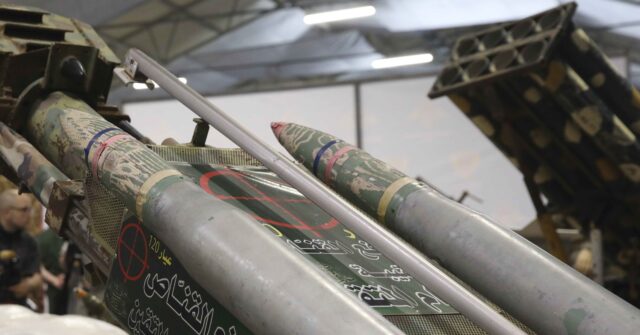Israel is increasingly concerned about the potential for chemical weapons stockpiles and production facilities in Syria to fall into the hands of rebel forces amid the ongoing conflict that has raged since the Arab Spring in 2011. Recent reports indicate that Syrian rebels have made unexpected advances in their military efforts, particularly in seizing the city of Aleppo—the nation’s second-largest—and capturing various military assets belonging to the regime of Bashar al-Assad. This includes not only conventional weapons but also advanced systems such as Russian aircraft, air defense capabilities, and Iranian-made drones. These developments have raised alarms in Israel, which, while officially stating neutrality in the conflict, is paying close attention to the changing dynamics that might affect regional security.
The Israeli military’s concerns primarily focus on the safety of Syria’s chemical weapons in the face of rebel advances. As reported by Haaretz, there is a significant fear that these groups, especially those backed by Iran, could gain access to weapons that pose a substantial threat to Israel’s national security. This anxiety is exacerbated by the real possibility that Israel may need to take military action to neutralize any risks posed by these weapons, which could have far-reaching implications for Syria and the broader Middle East region.
The backdrop to this situation involves a complex history of disarmament initiatives that, according to many analysts, have largely failed to dismantle Syria’s chemical arsenal. An agreement brokered by the Obama administration, which was supposed to see Syria’s chemical weapons eliminated under Russian supervision, has not been fulfilled as intended. Despite the deal’s intentions, it is now clear that Syria has retained a stockpile of dangerous chemical weapons, effectively undermining the original agreement and raising tensions in the region. This development has also allowed Russia to solidify its role as a key player in the Middle East, aligning with nations that are often viewed as adversaries by the United States and its allies.
Joel B. Pollak, a senior editor at Breitbart News, highlights that Israel’s vigilance is not unwarranted, given the changing landscape of power in Syria. With rebel groups now gaining traction and potentially gaining access to sophisticated weaponry, the potential shift in power dynamics poses risks that cannot be ignored by neighboring countries. Israel is particularly wary of Iranian influence in these military engagements, as Tehran has been known to support various militia groups that might exploit these developments to advance their own objectives in the region.
The implications of these tensions extend beyond the immediate geographic area, suggesting a wider regional instability that could escalate quickly based on the actions taken by Israel or other involved countries. The notion that access to advanced military hardware could embolden rebels or Iranian factions leads to a heightened sense of urgency within the Israeli Defense Forces, which may need to prepare for preemptive or retaliatory measures. Such military actions would crucially influence not just Syrian affairs, but also the broader geopolitical fabric of the Middle East, with the potential for conflict to spill over into neighboring territories.
In conclusion, the evolving situation in Syria represents a complex challenge for Israel, given its strategic interests and historical context within the region. The stakes are compounded by the operational realities on the ground as Syrian rebels continue to gain momentum against the Assad regime. Israel’s fears regarding the security of chemical weapons underscore the pressing need for policymakers to remain vigilant and responsive in a rapidly shifting environment, where decisions made in the heat of conflict could have far-reaching consequences for stability and security throughout the entire region.

